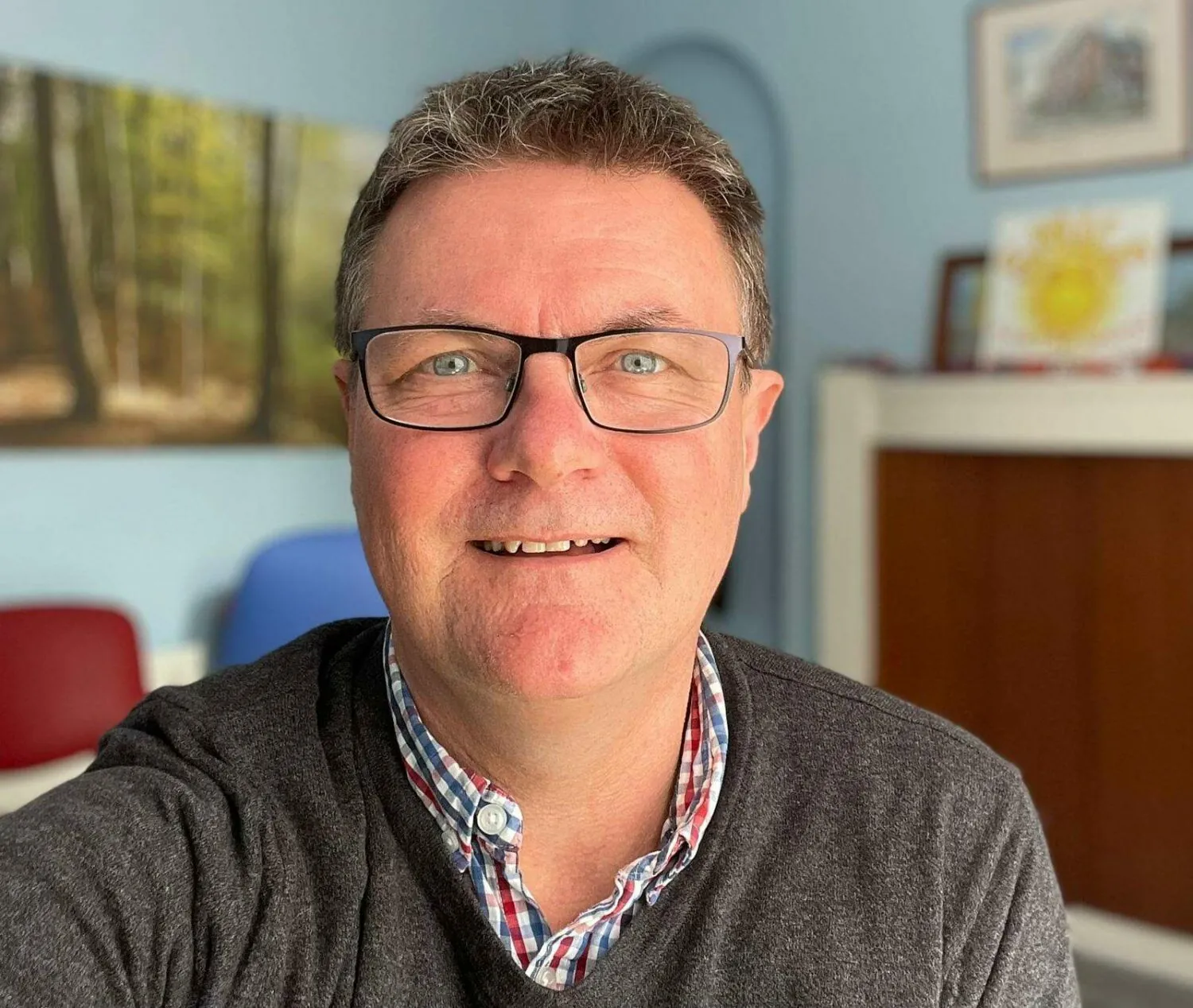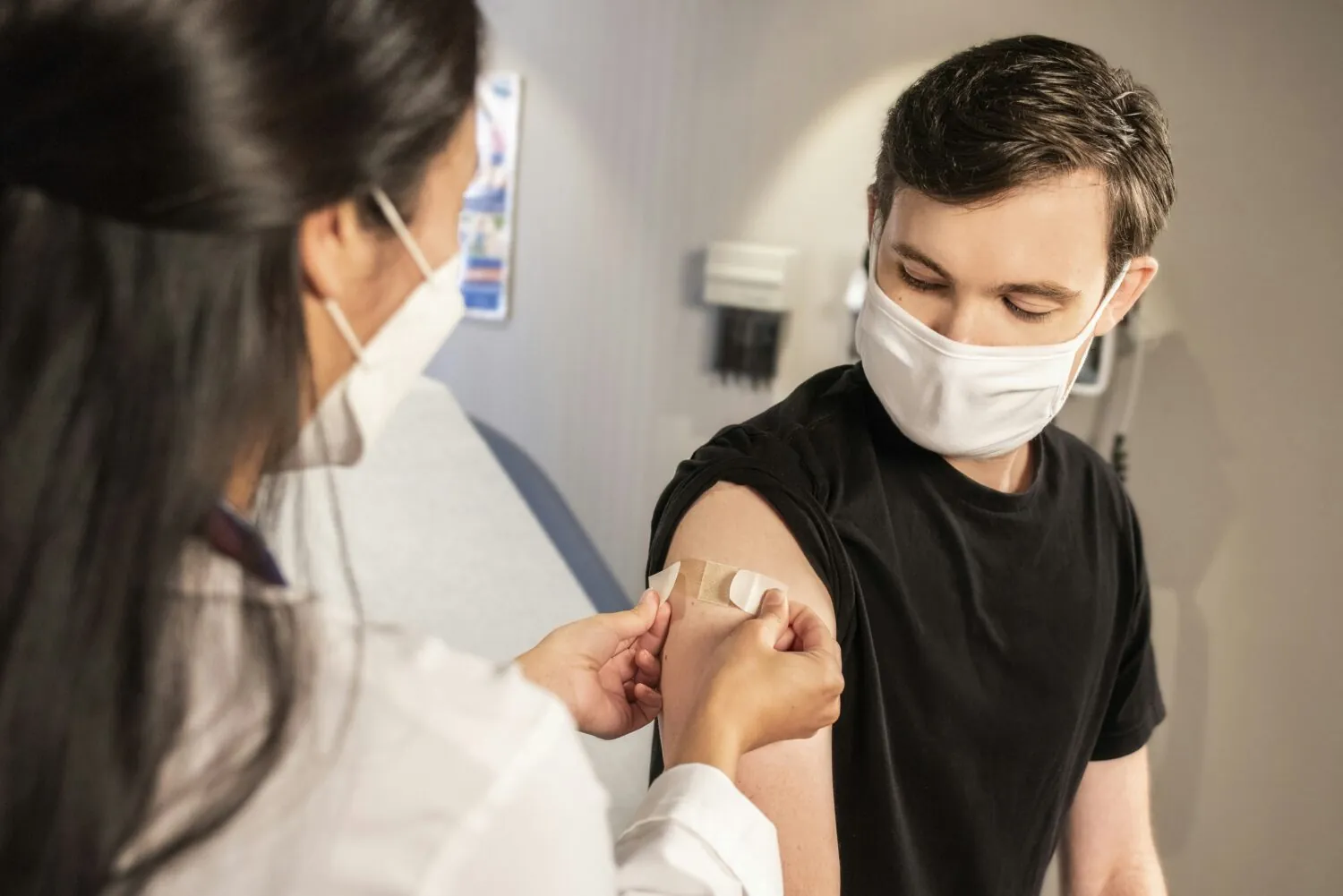The Doctors’ Association UK (DAUK) says the “safety and protection of the public is paramount” after it asked the General Medical Council (GMC) for urgent reassurance over proposals to regulate the competency and scope of non-doctors.
DAUK co-chair Ms Helen Fernandes has written to the GMC to emphasise members’ concerns about the proposed regulation of physician associates (PAs) and anaesthesia associates (AAs).
The Government is seeking to pass legislation for PAs and AAs to be regulated by the GMC which, Ms Fernandes, said was creating “unprecedented concern” in the medical profession.
“A major theme is alarm over the apparent lack of any detail within the proposed legislation to address the competency and scope of these health professionals,” she said.
DAUK has long campaigned against the expansion of non-doctor roles in the NHS.
According to the Department of Health and Social Care, there are currently 1,500 PAs in hospitals and 1,700 in primary care settings. There are approximately 320 AAs.
The NHS Long Term Workforce Plan sets out plans to increase the PA workforce to 10,000 by 2036/37 and the AA workforce to 2,000 in the same period.
Legislation was due to be laid this week to allow the GMC to begin the process of regulating PAs and AAs.
But Ms Fernandes said there were still fundamental issues to be resolved including the huge difference between the training and education requirements that the GMC demands of doctors for registration, and the proposals for PAs.
She said: “It seems illogical that legislation will be passed to approve GMC regulation of PAs and AAs when we have no structure in place against which to regulate them.”
DAUK is currently exploring all avenues to address the concerns of members and the wider profession with this bill, including legal redress if necessary.
In her letter to the GMC, Ms Fernandes said: “DAUK feels very strongly that these fundamental issues that go to the root of safe patient care need to be urgently addressed.
“There is much more to regulation than a GMC number and the safety and protection of the public who, most often, think they are being seen by a fully trained doctor is paramount.”





